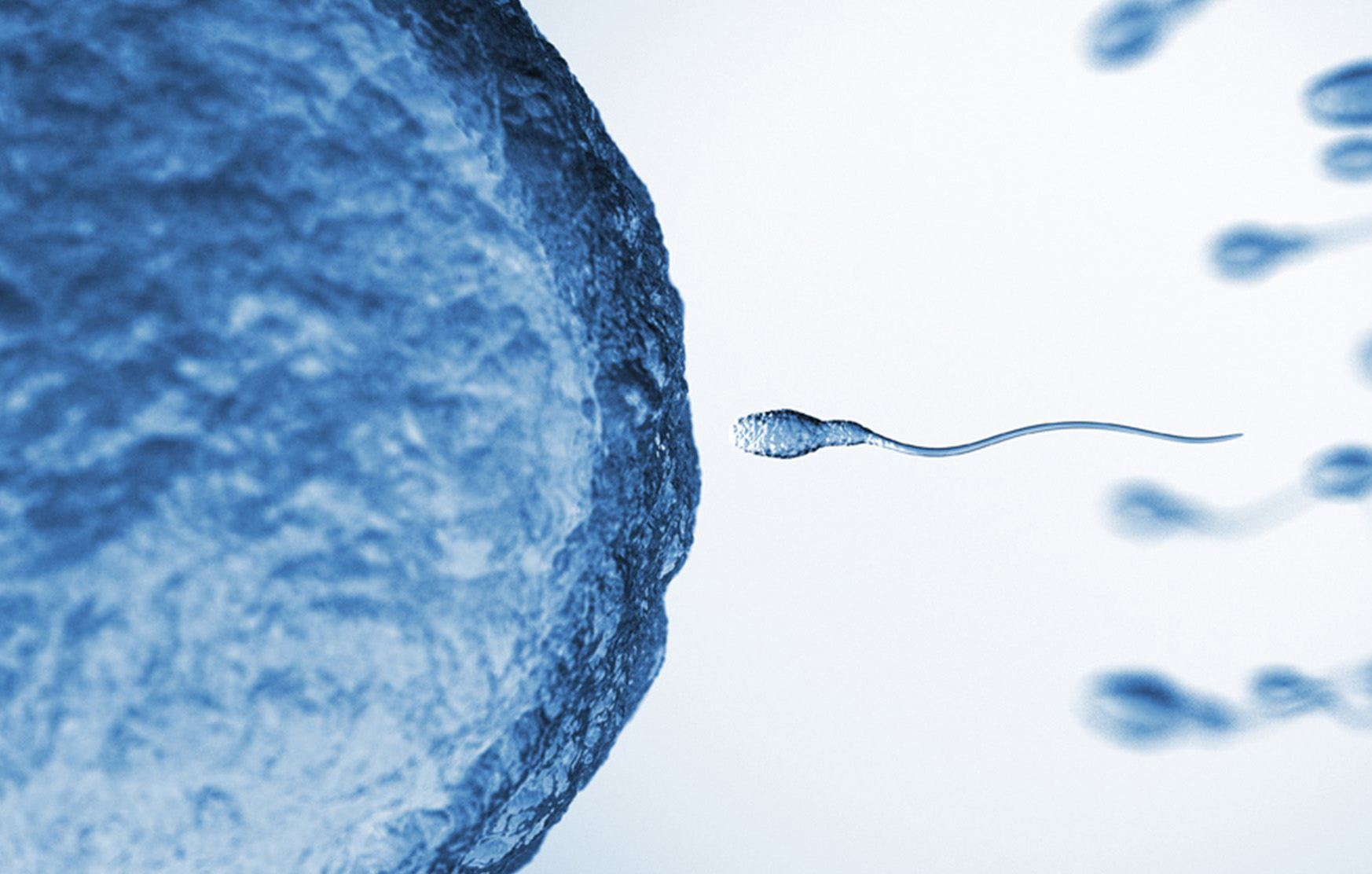Intra Uterine Insemination (IUI) is process in which sperms are artificially placed in the uterus with the help of a catheter. This procedure helps to ensure that more sperm are available and able to access a woman’s egg, thereby aiding fertilisation and conception.
Couples that have been trying to conceive for a long time without success will likely eventually turn for help with conception. As assisted reproductive techniques have grown and expanded, infertile couples now have many different options to choose from, including fertility drugs like clomid and more intricate procedures such as IVF. Despite these advances, many couples still opt for one of the oldest and most reliable methods of assisted conception: intrauterine insemination.
Who Can Use This Treatment ?
IUI is usually suggested for those couples who have been trying to conceive for a year or more without success and have been found to have infertility issues. It is always recommended to perform a complete infertility examination before undergoing this process.
In general, artificial insemination is used when : –
A woman’s cervical mucus is scant or hostile to sperm. Through IUI, sperm directly reaches the uterus, bypassing the cervix and the cervical mucus.
The man has a low sperm count, though the sperm should be healthy.
Male infertility due to antibodies to his own sperm. Sperm not damaged by the antibodies will be separated and used in the IUI process.
Female Partner Requirements : –
Because fertilisation and conception are still expected to take place as normal, the female partner will be tested to ensure that she has : –
A normal ovulation cycle
Open fallopian tubes
A normal uterine cavity
Sometimes, woman with ovulatory disorders or those who ovulate irregularly can undergo IUI with the help of fertility drugs. These drugs stimulate the brain to produce hormones that in turn induce the ovary follicles to mature into eggs. Once the eggs mature, IUI can be used to introduce the sperm inside the uterus. The timing of this particular procedure is important, as it is only when the egg and sperm are both present that fertilisation will occur.
Risk Factors of IUI
While IUI is a relatively straight forward process, there are risks involved. This can include infection, brief cramping of uterus, or transmission of venereal disease from donor sperms. However, the strict quarantine applied nowadays by sperm banks has decreased the risk of viral transmissions dramatically.
The use of fertility drugs brings with it the risk of a multiple pregnancy. In order to reduce this risk, your doctor may stop your cycle midway. The chance of a miscarriage occurring and having a low birth weight baby is high in the case of multiple pregnancies.
Fertility medications may also cause a rare condition called ovarian hyperstimulation syndrome. Women affected by this will experience an enlarging of their ovaries and a collection of fluid in the abdomen. If this occurs, the IUI process may be stopped before insemination.
Success Rate oF IUI
In a given cycle, the possibility of conception is 15% to 30% provided the sperm count is good and the female has a healthy fallopian tube. The woman’s age is also a deciding factor on the success rate, since advanced maternal age results in fewer follicles maturing into eggs.
Doctors usually recommend trying two to three IUI cycles before opting for another fertility treatment, such as IVF.

